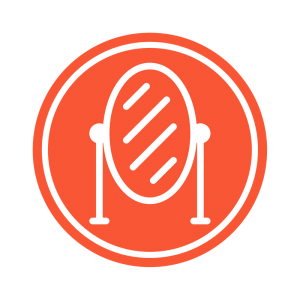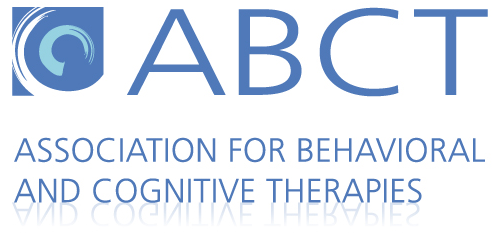Eating & Body Image Problems
Created on August 5, 2017. Last updated on March 6th, 2024 at 04:51 pm
Take me to the effective therapies for eating disorders
Many children and teens worry about their eating, weight, or body shape. But for some children and teens these worries can lead to unhealthy eating or dieting, known as eating disorders. It is important to get children with eating disorders early evidence-based treatment because many disorders can lead to serious, even life-threatening medical problems.
What are Eating Disorders?
Eating disorders are caused by strange eating behaviors. These behaviors are usually harmful ways to control body shape or weight, and cause the child to view his or her own body in a negative way. There are a variety of eating disorders, including:
- Anorexia nervosa
- Avoidant/restrictive food intake disorder
- Binge eating disorder
- Bulimia nervosa
- Pica
- Rumination disorder
Effective Therapies for Eating Disorders
Doctors have found certain treatments are the most helpful for children with eating disorders.
- For anorexia nervosa and bulimia nervosa, research shows that family-based treatment—also known as Maudsley family therapy—works well.
- Binge eating disorder (BED) and avoidant/restrictive food intake disorder (ARFID) were only recently identified as eating disorders. Because of this, no child and adolescent therapies have yet been shown to work well. However, current research shows that cognitive-behavior therapy and family-based treatment might work for BED and family-based treatment might work for ARFID.
| Level One: Works Well |
|
| Level Two: Works |
|
| Level Three: Might Work |
|
| Level Four: Experimental |
|
| Level Five: Tested and Does Not Work |
|
To find out more about how these treatment levels are defined, click here.
Therapies and Terms Defined:
- CBT: cognitive behavioral therapy
- Family therapy-behavior, also called family-based treatment (FBT) and Maudsley family therapy
- DBT: dialectical behavior therapy
Source(s): Datta, N., Matheson, B.E., Citron, K., Van Wye, E.M., & Lock, J.D. (2022). Evidence based update on psychosocial treatments for eating disorders in children and adolescents. Journal of Clinical Child & Adolescent Psychology, DOI: https://doi.org/10.1080/15374416.2022.2109650
| Level One: Works Well |
|
| Level Two: Works |
|
| Level Three: Might Work |
|
| Level Four: Experimental |
|
| Level Five: Tested and Does Not Work |
|
To find out more about how these treatment levels are defined, click here.
Therapies and Terms Defined
- CBT: cognitive behavioral therapy
Source(s): Datta, N., Matheson, B.E., Citron, K., Van Wye, E.M., & Lock, J.D. (2022). Evidence based update on psychosocial treatments for eating disorders in children and adolescents. Journal of Clinical Child & Adolescent Psychology, DOI: https://doi.org/10.1080/15374416.2022.2109650
| Level One: Works Well |
|
| Level Two: Works |
|
| Level Three: Might Work |
|
| Level Four: Experimental |
|
| Level Five: Tested and Does Not Work |
|
To find out more about how these treatment levels are defined, click here.
Therapies and Terms Defined
- CBT: cognitive behavioral therapy
- IPT: interpersonal psychotherapy
- DBT: dialectical behavior therapy
Source(s): Datta, N., Matheson, B.E., Citron, K., Van Wye, E.M., & Lock, J.D. (2022). Evidence based update on psychosocial treatments for eating disorders in children and adolescents. Journal of Clinical Child & Adolescent Psychology, DOI: https://doi.org/10.1080/15374416.2022.2109650
| Level One: Works Well |
|
| Level Two: Works |
|
| Level Three: Might Work |
|
| Level Four: Experimental |
|
| Level Five: Tested and Does Not Work |
|
To find out more about how these treatment levels are defined, click here.
Therapies and Terms Defined
- CBT: cognitive behavioral therapy
Source(s): Datta, N., Matheson, B.E., Citron, K., Van Wye, E.M., & Lock, J.D. (2022). Evidence based update on psychosocial treatments for eating disorders in children and adolescents. Journal of Clinical Child & Adolescent Psychology, DOI: https://doi.org/10.1080/15374416.2022.2109650








